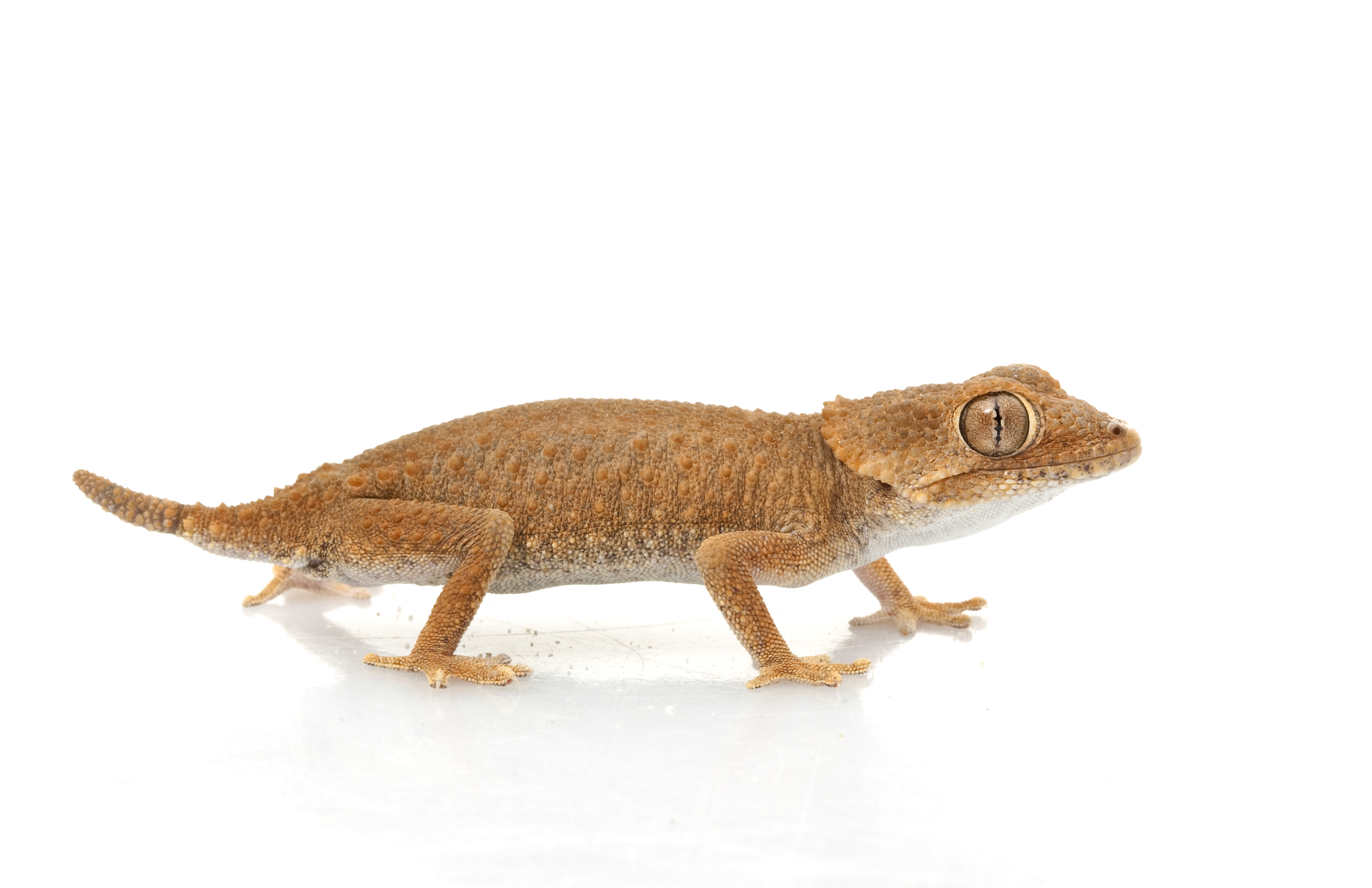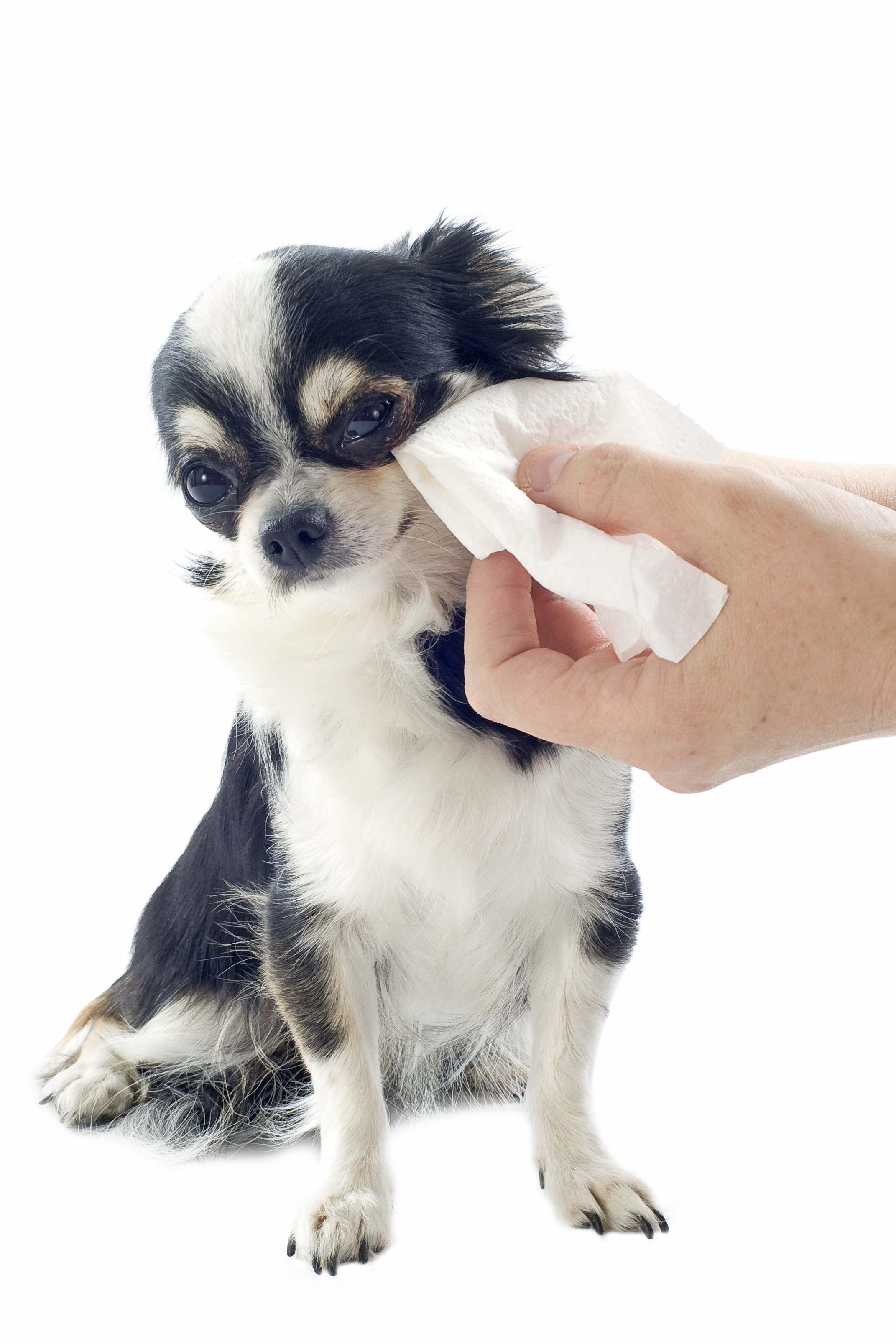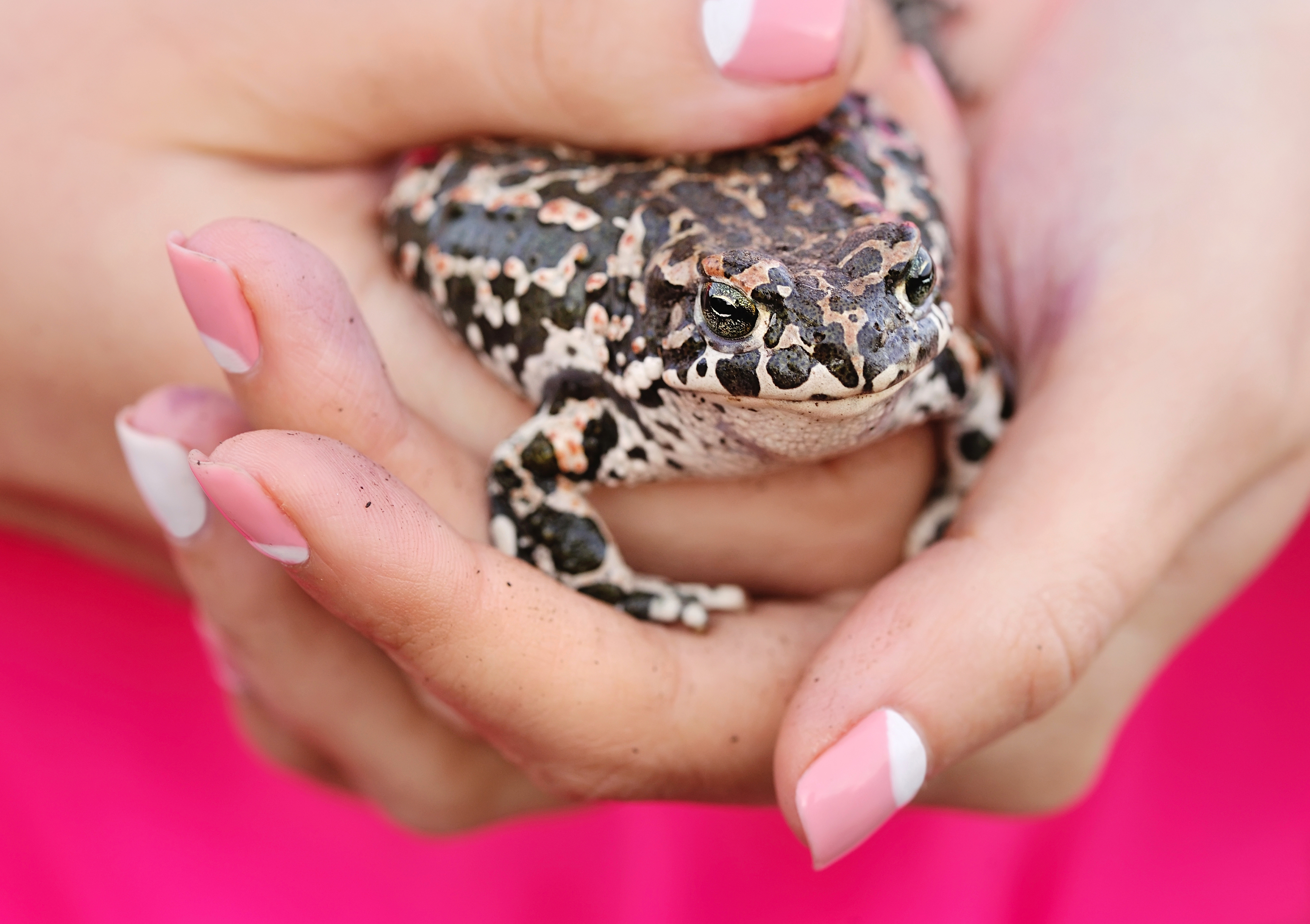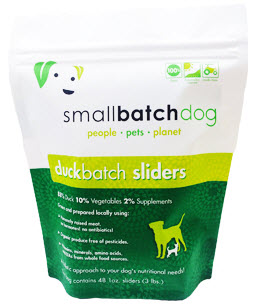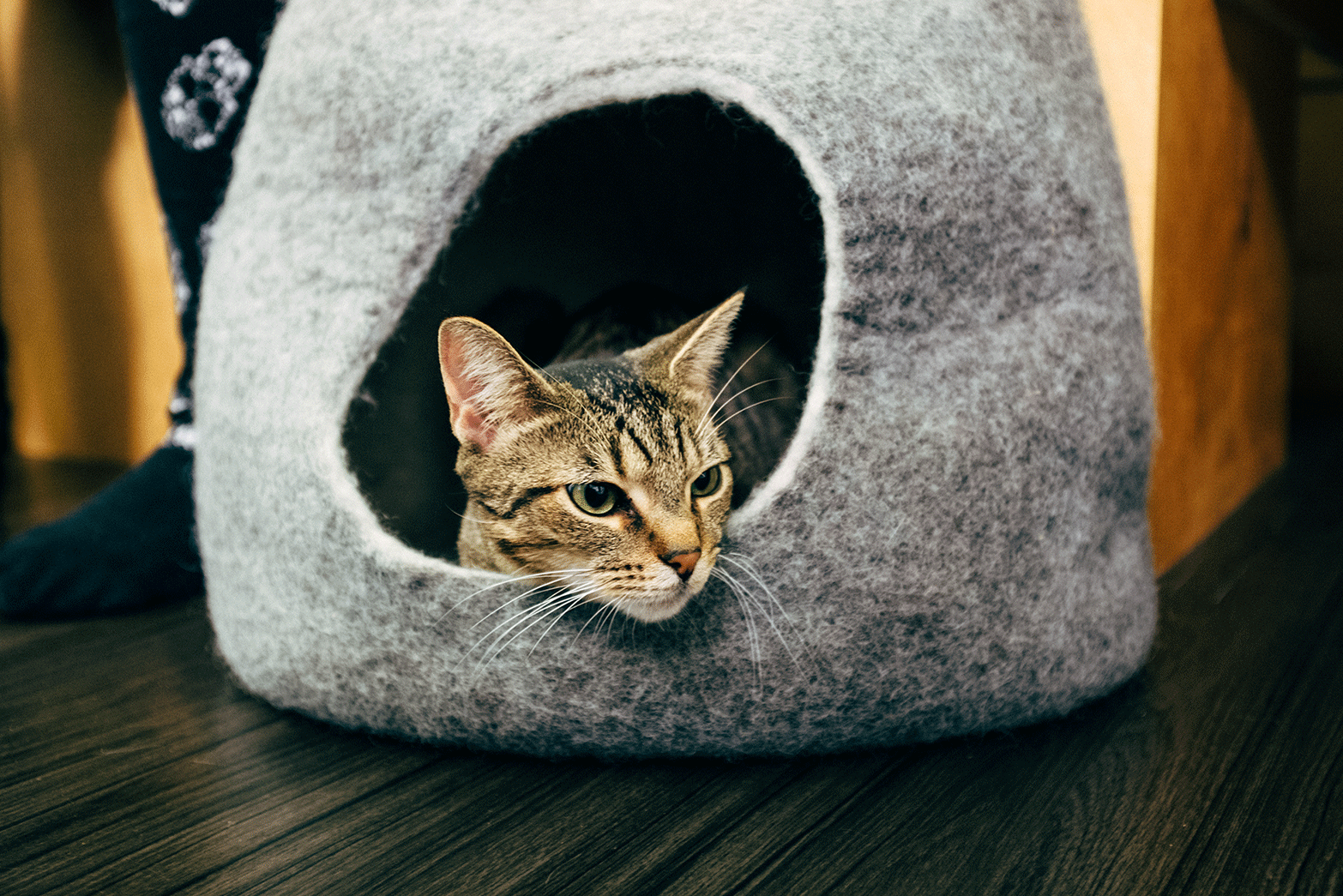Supplemental Sales
John Mack //January 4, 2016//
 Over the course of past articles, I have emphasized the importance of subsidiary sales to any retailer’s bottom line. Much of this sales revenue comes from reptile food, which is not carried by most big box stores.
Over the course of past articles, I have emphasized the importance of subsidiary sales to any retailer’s bottom line. Much of this sales revenue comes from reptile food, which is not carried by most big box stores.
However, reptile food is not the only point of subsidiary sales for enterprising entrepreneurs. Reptile supplements and vitamins also provide easy ways for stores to increase sales while fostering positive interactions with customers.
Just like humans, reptiles often require vitamin supplementation to offset deficiencies in their diet. Most artificial supplements are tailored to lizards, turtles and tortoises. While snakes can benefit from vitamin supplements–particularly if a snake is ill or refusing food–most snakes are able to derive all necessary nutrition from their food.
Calcium Is Crucial
The largest deficiency in captive reptiles’ diets is calcium, which is often not included in their food. In addition, reptiles are often unable to process calcium on their own. They lack the natural ability to produce vitamin D3. The easiest way to remedy this deficiency is exposure to ultraviolet light–specifically the B waves of ultraviolet light known as UVB.
“Exposure to UVB helps animals produce vitamin D3 in their skin, while some animals obtain vitamin D3 from their diet,” said Josh Panos, national sales director for Zoo Med Labs, Inc. “UVB, vitamin D3, heat and calcium and are dependent on each other for balanced nutrition. Supplements play an important role by offering a bioavailable source of calcium and other vitamins.”
According to Panos, Zoo Med’s own supplement line is among the first to include “the complete amino acid complex, an essential component in protein digestion,” and does not contain artificial additives or fillers.
When stocking shelves, consider placing ultraviolet bulbs with calcium supplements. The most common calcium supplements on the market are Reptivite and Rep-Cal, two powders that are available with or without supplemental D3. When bulbs and supplements are together, employees can make joint sales while displaying knowledge of reptiles and encouraging repeat business. When employees accurately inform customers about animals they are buying for, they are likely to return with further questions and more revenue for your store.
Feeding the Feeders
As an alternative to vitamin and calcium dusts, there are techniques involving “gut-loaded” insects. When reptiles eat these bugs fed with nutrient supplements, they also ingest some of the nutrients within the insect itself.
Calcium supplements and gut-loaded insects are not the only vitamin supplements for reptiles. Timberline, a supplier of live reptile food, has experienced great success in creating a line of Vita-Bugs, which are insects raised and grown with a diet that naturally enhances the insect’s nutrient content when fed to reptiles. According to sales manager Andy Pettit, the company spent nearly 10 years researching to create their Vita-Bugs, hoping to “find a way to better the growing process from start to finish.”
“We want to put a better bug on the market. We feed the insects better food from the moment they hatch,” Petit said. According to him, this provides keepers with “a scientifically proven, peer-reviewed better bug.”
Getting Specific
In addition to providing general supplements, companies are creating foods specific to individual reptile species.
Repashy Specialty Pet Products and Pet Pangaea LLC both carry species-specific foods, such as varieties for crested geckos or tortoises, that are fortified with vitamins and minerals. If you find that a type of reptile sells well in your store, you may wish to carry species-specific items. However, be sure that if you are carrying species-specific food items, you also have all other subsidiary products for that pet.
It is crucial to remember that when stocking vitamin supplements for reptiles, your staff must be trained to understand those reptiles as well as the necessity of vitamin supplements. Your floor staff represents your closest link to customers; they must communicate these needs to your customers effectively.
You can ensure this communication by providing accurate and up-to-date care sheets. List animal-specific needs and product recommendations on clearly posted labels near the reptile in question. They will provide a quick reference to your staff and serve as a starting guide for would-be reptile owners.






